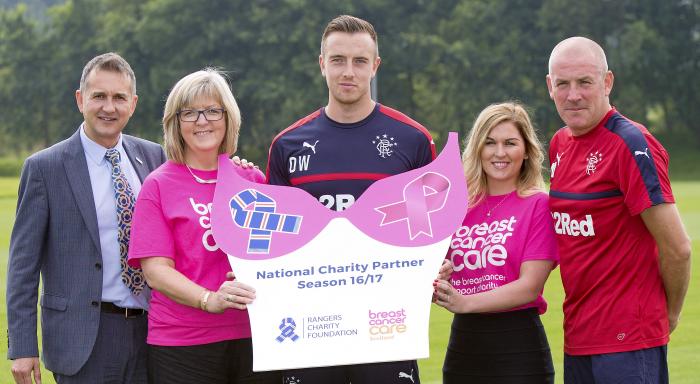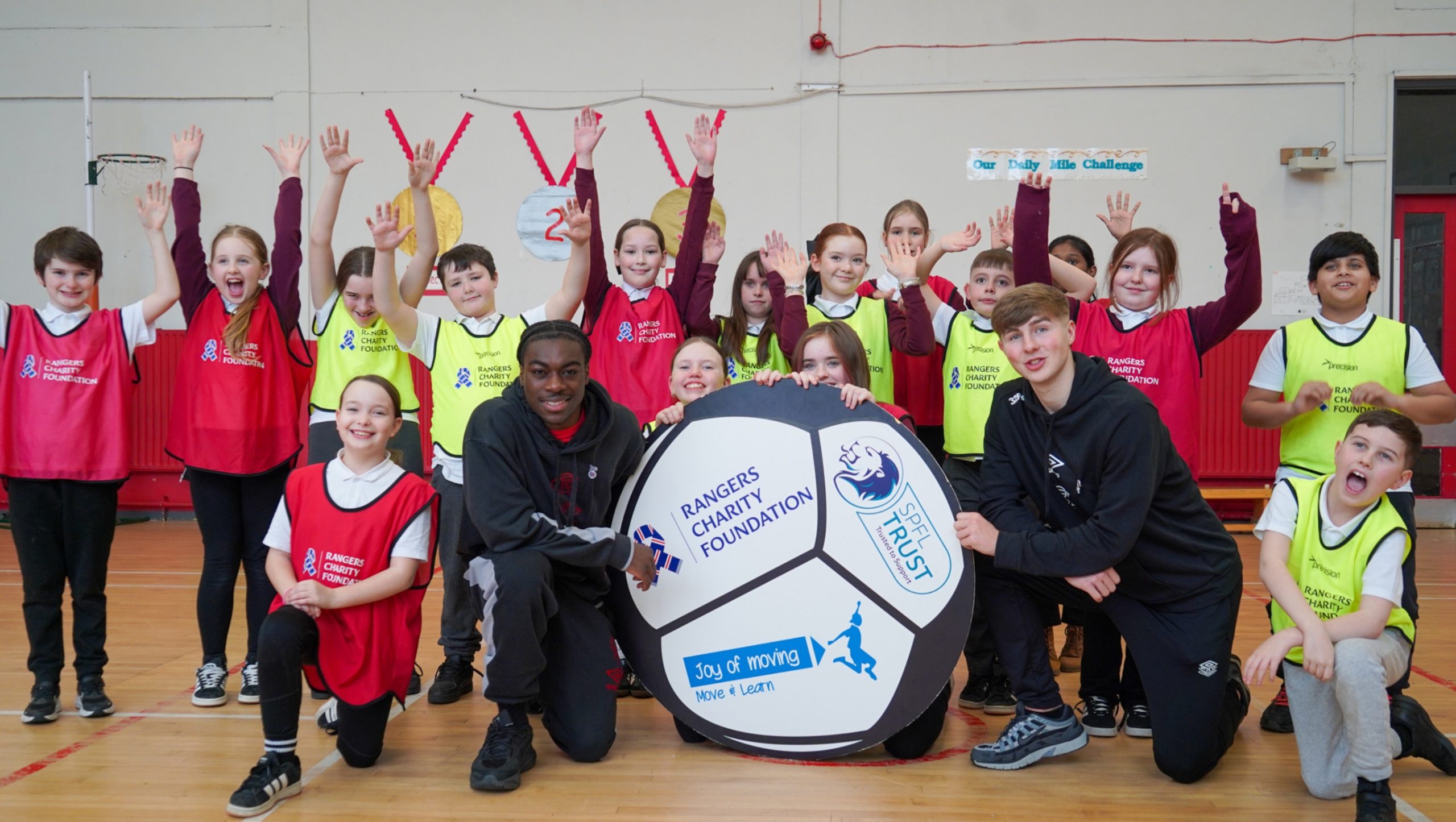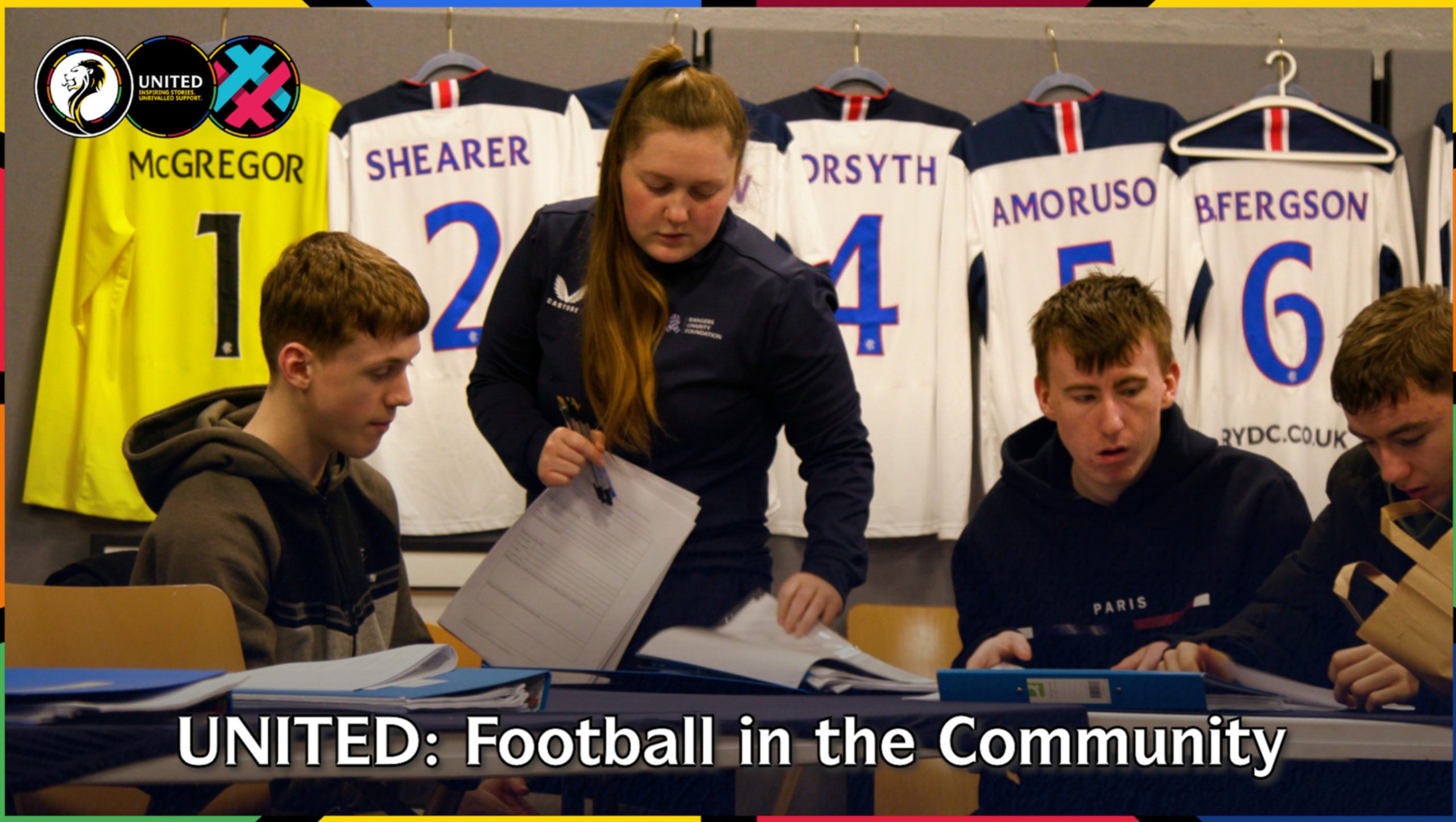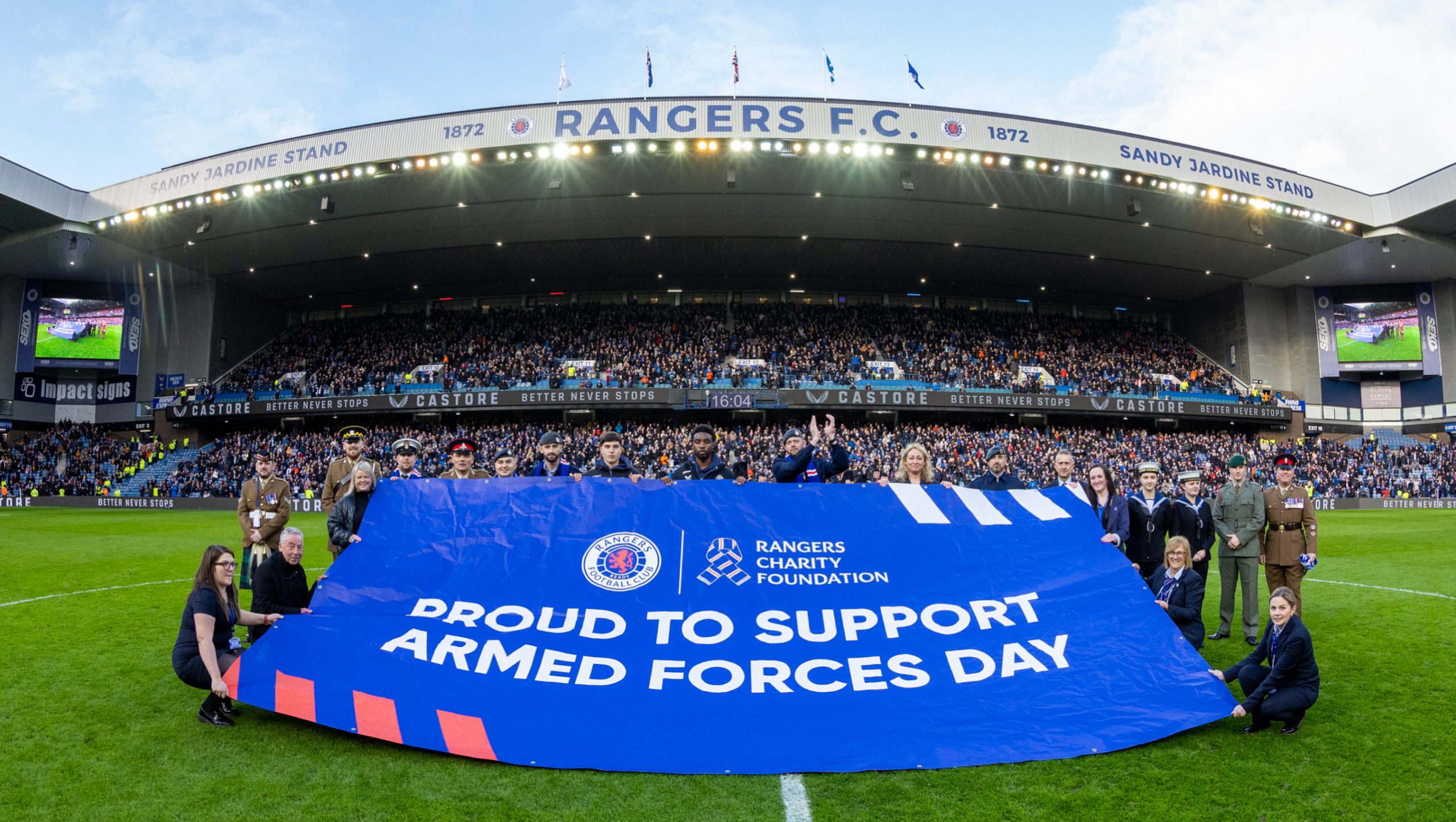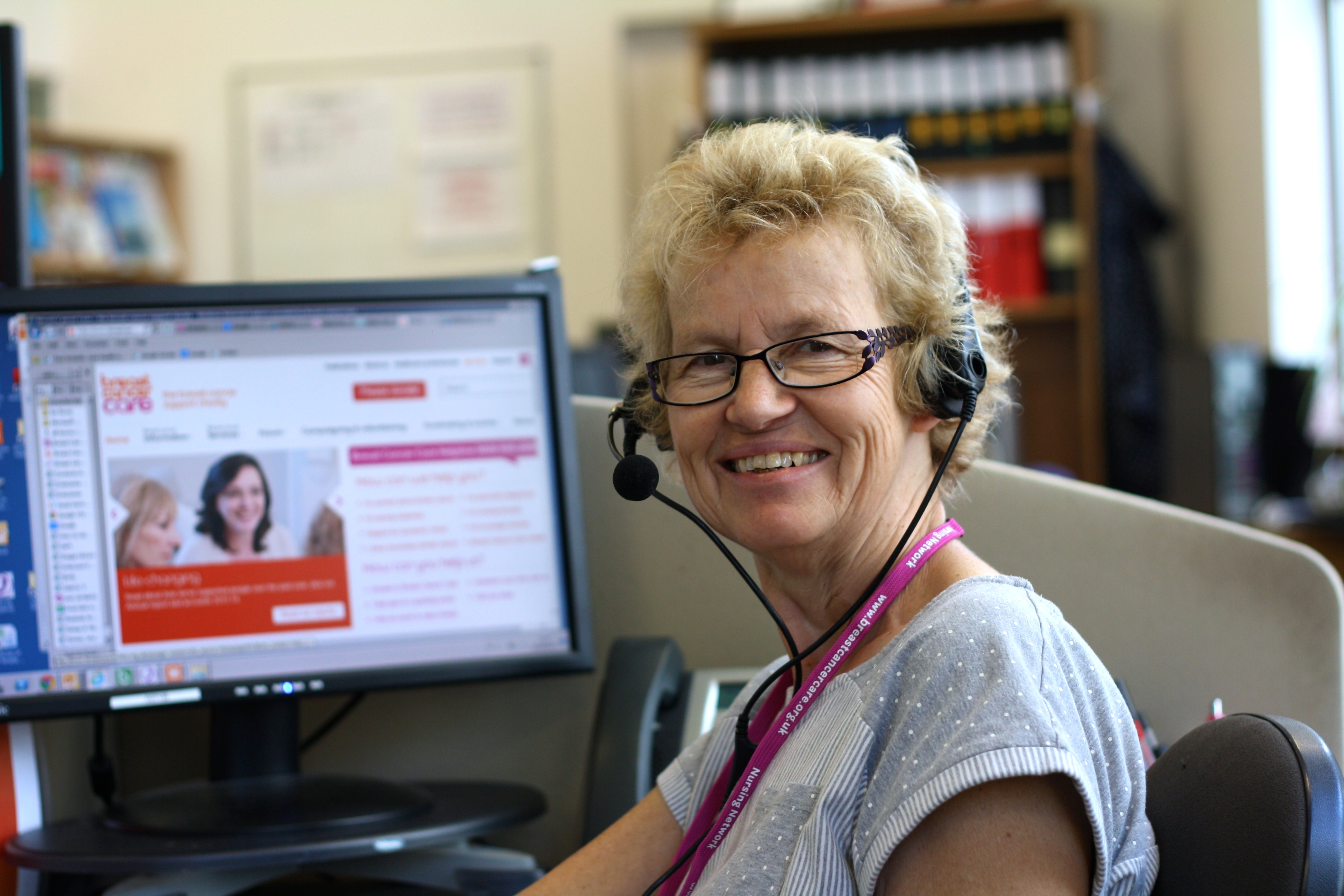
Breast Cancer Care
Breast Cancer Care Scotland (since renamed Breast Cancer Now) is the only Scotland-wide charity providing specialist support and tailored information for anyone affected by breast cancer. The Rangers Charity Foundation supported this amazing charity throughout season 2016/17 and helped thousands of people find a way to live with, through and beyond breast cancer.
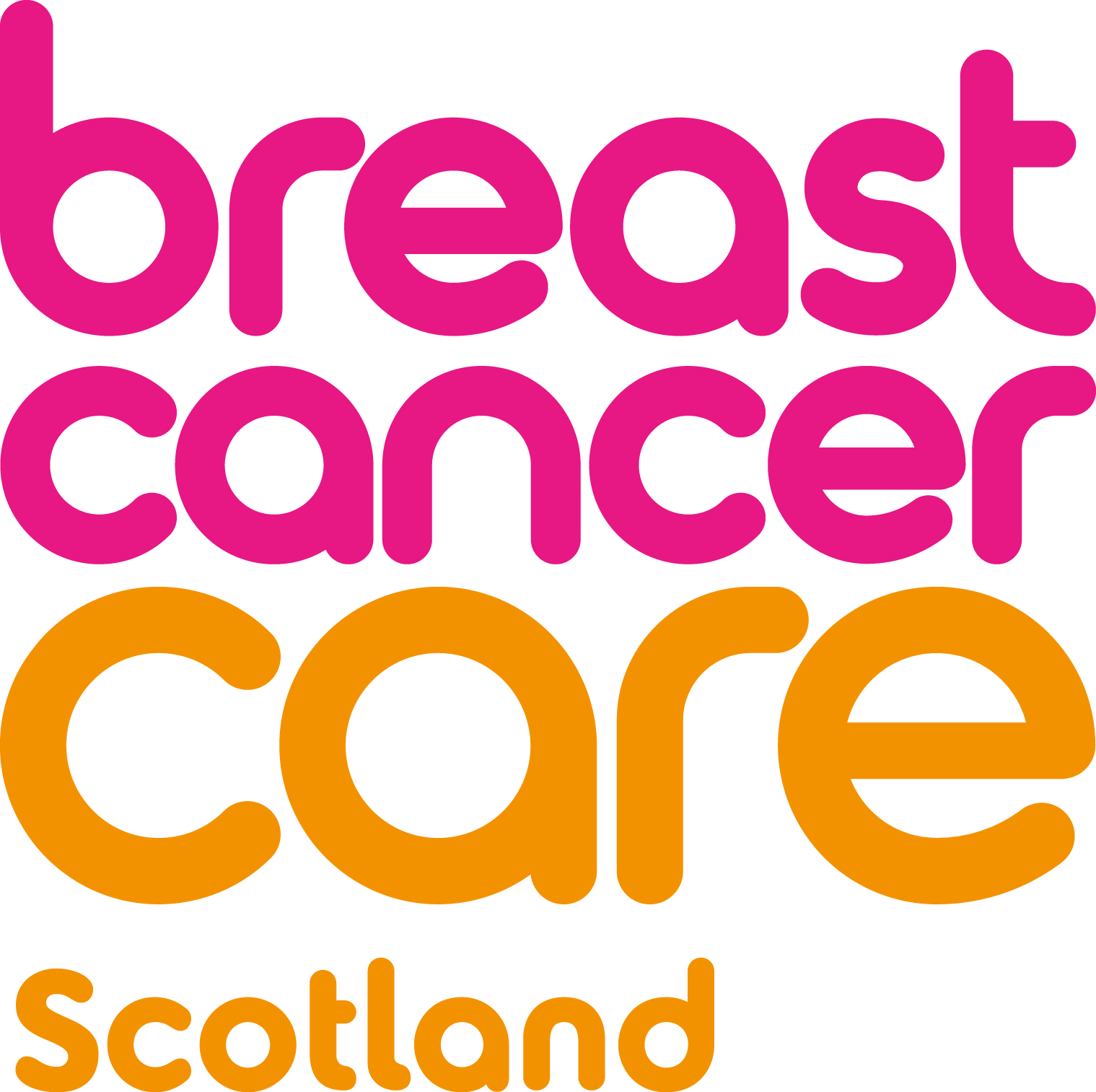 The Foundation raised £25,000 for Breast Cancer Now over the course of the season, with £15,000 going towards the charity’s Helpline and a further £10,000 funding two of Breast Cancer Now’s Moving Forward courses.
The Foundation raised £25,000 for Breast Cancer Now over the course of the season, with £15,000 going towards the charity’s Helpline and a further £10,000 funding two of Breast Cancer Now’s Moving Forward courses.
Moving Forward is a specialist course for individuals who have had a breast cancer diagnosis within the last two years and provides information, support and professional guidance on how to cope with, and adjust to, life after treatment.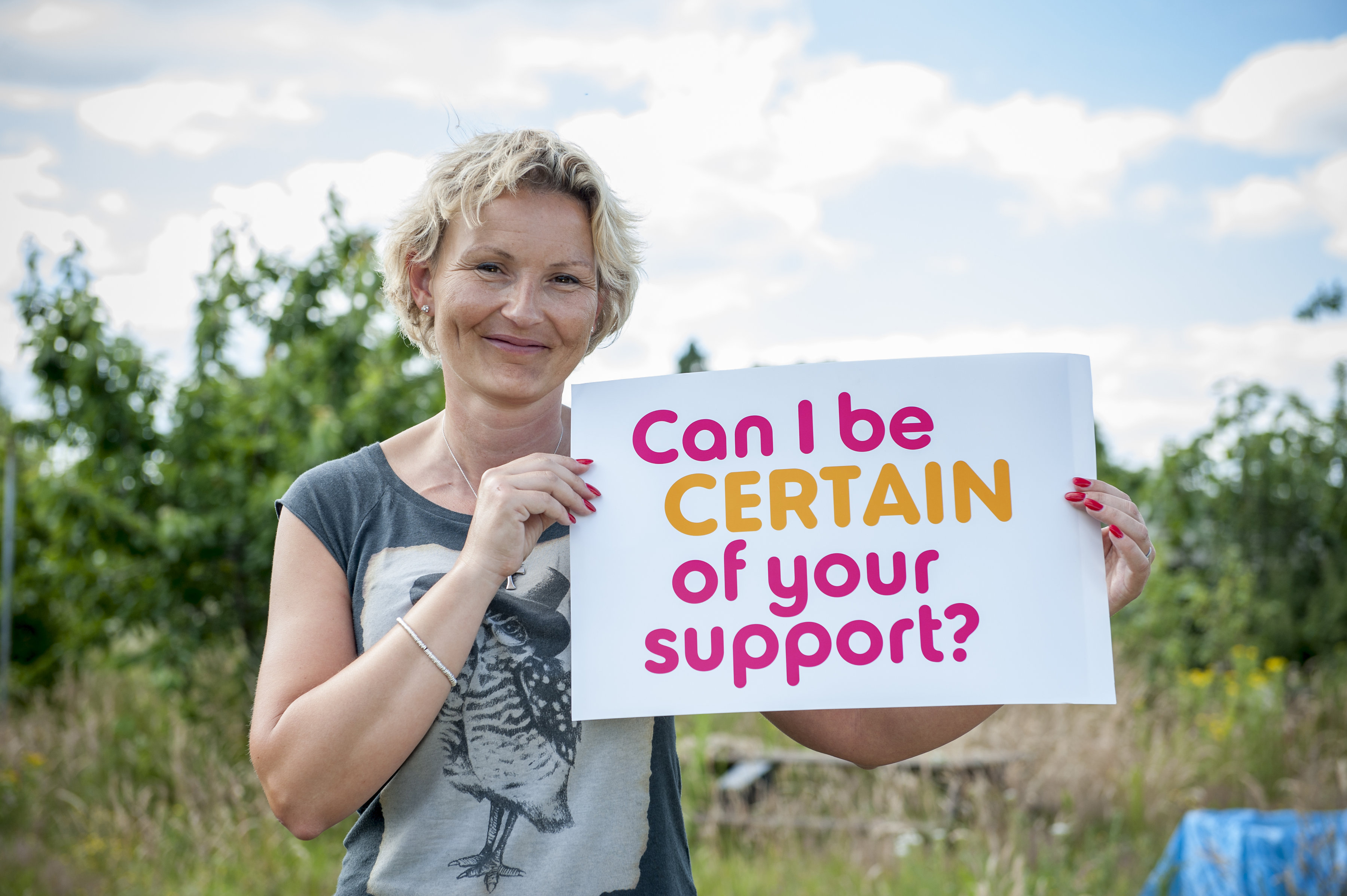
The courses include talks from psychologists and dieticians, providing expert guidance, and includes discussions around adjusting and adapting after a breast cancer diagnosis, managing the on-going side effects of treatment and breast awareness after surgery. It is invaluable in helping people affected by cancer approach life after treatment with more confidence.
Rona Grierson, who was Community Fundraising Manager with Breast Cancer Now at the time of the partnership commented, “It’s vital that Breast Cancer Care’s services remain free; they’re a lifeline to people diagnosed with breast cancer. With support from fabulous fundraisers like the Rangers Charity Foundation we can be there for more people whenever they need us.”
Breast Cancer Now’s free Helpline (0808 800 6000) is there for anyone who wants to talk about either breast health or breast cancer and all calls are answered by specialist nurses or experienced helpline staff. The charity also runs an ‘Ask the Nurse’ email service for support.
Whatever the worry, the Helpline is a confidential way to find information about breast cancer and the support on offer. Breast Cancer Care welcomes calls not just from those who have had a breast cancer diagnosis but also their family and friends, who may also need support.



